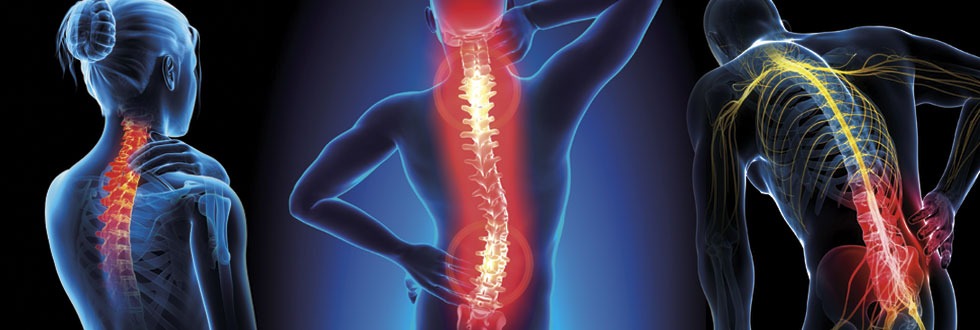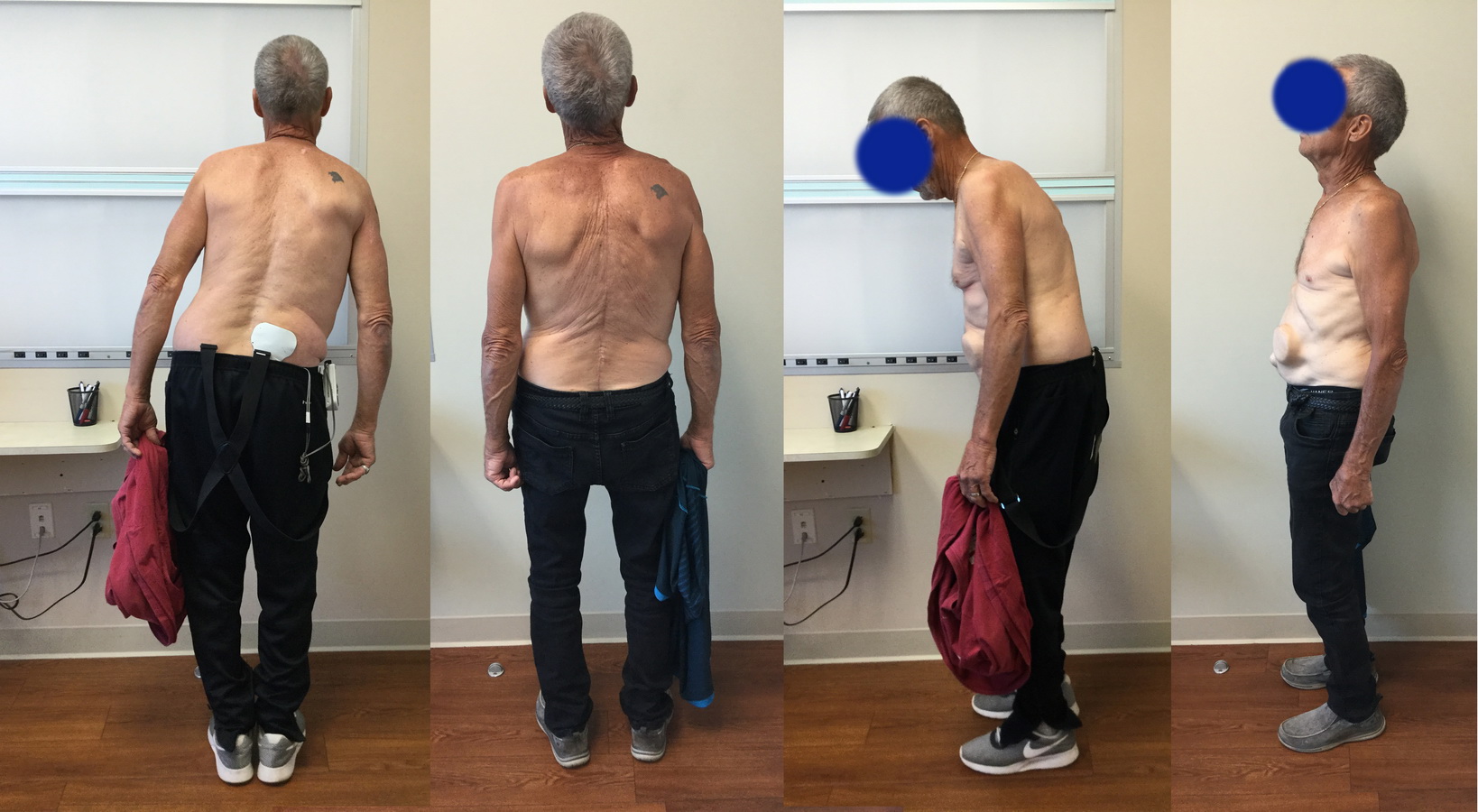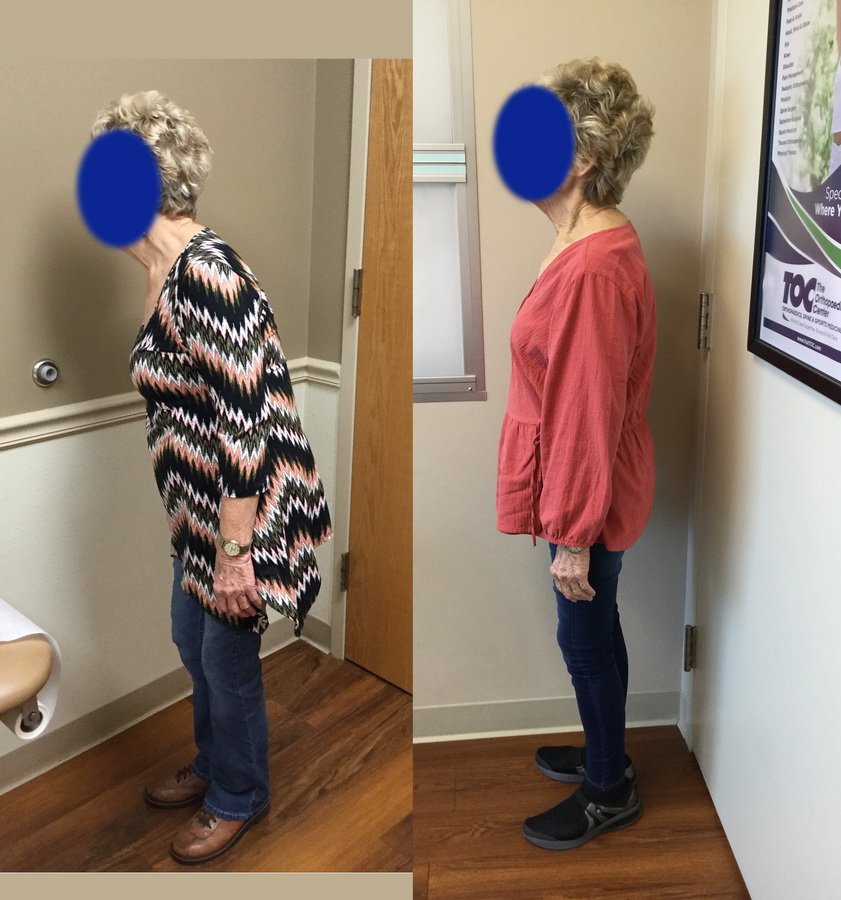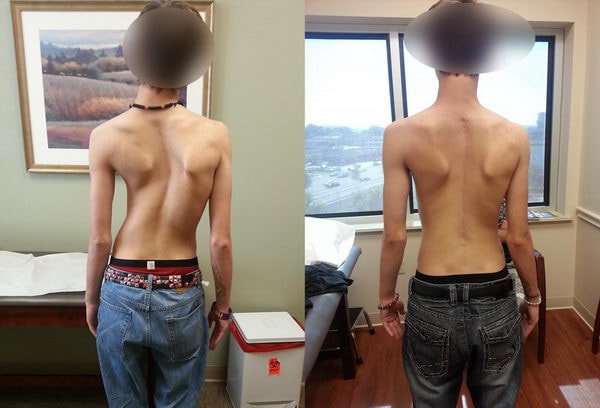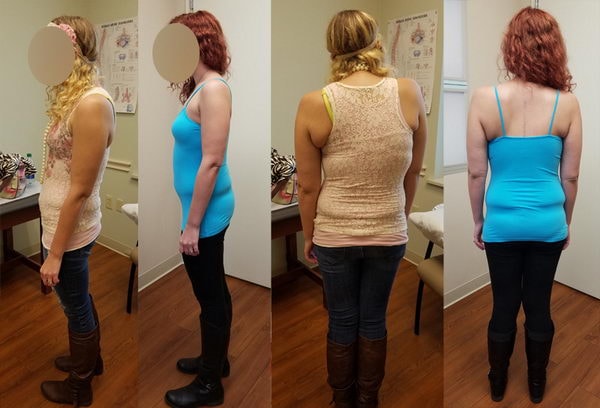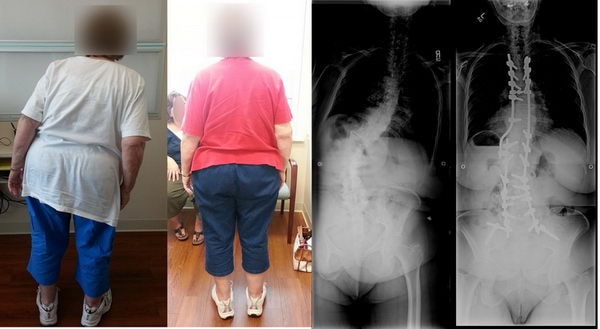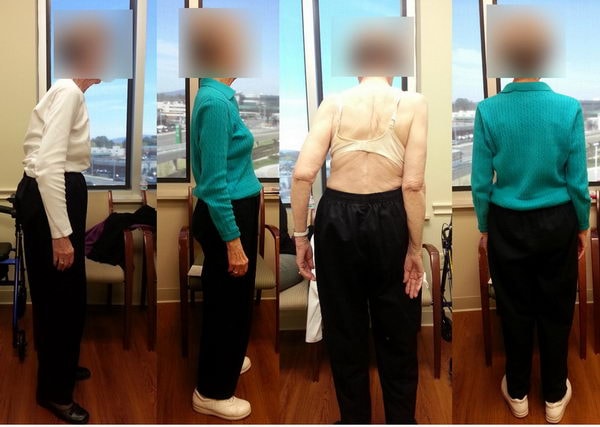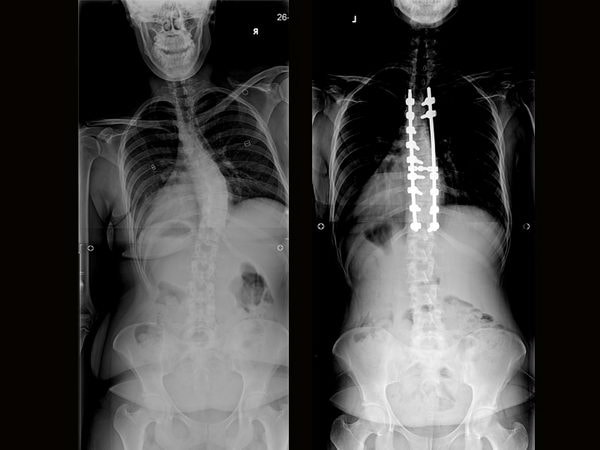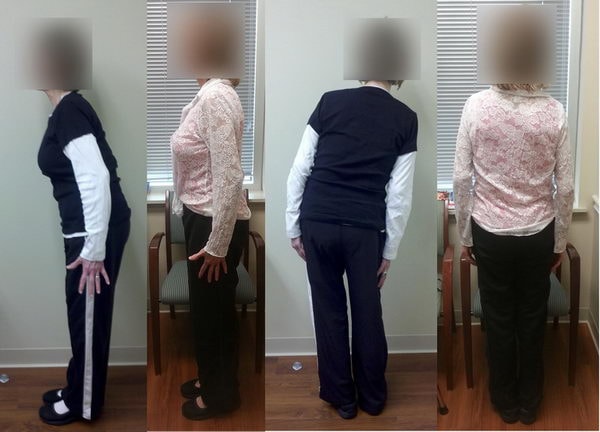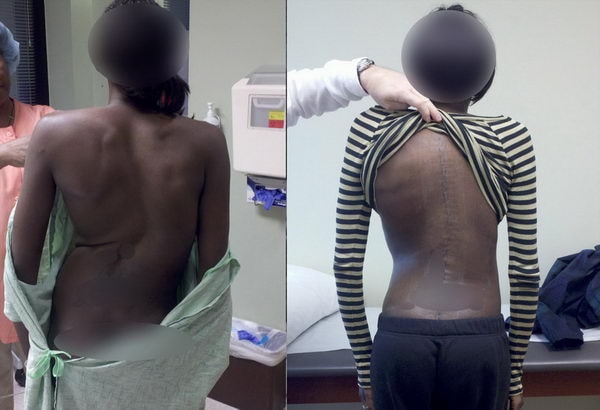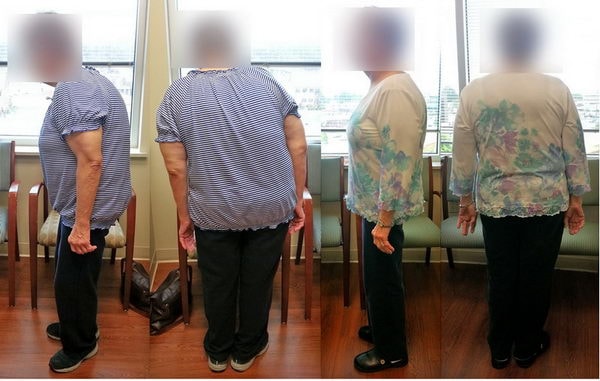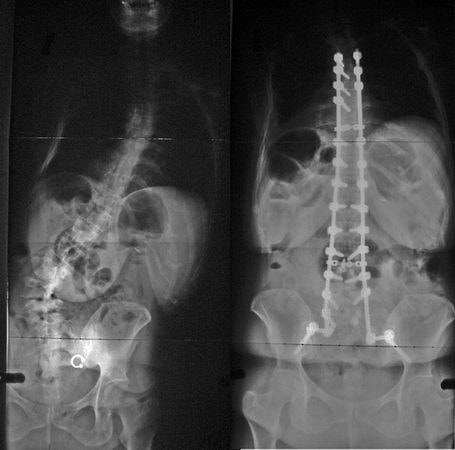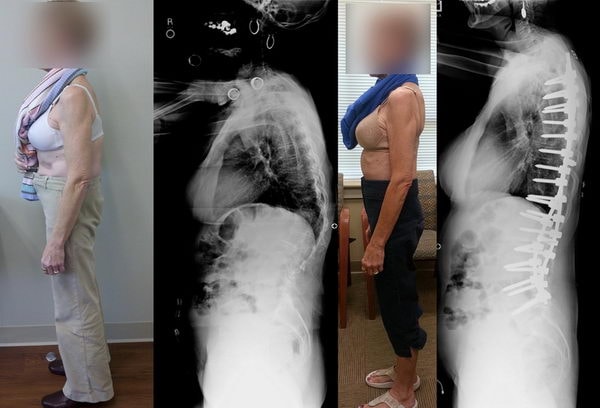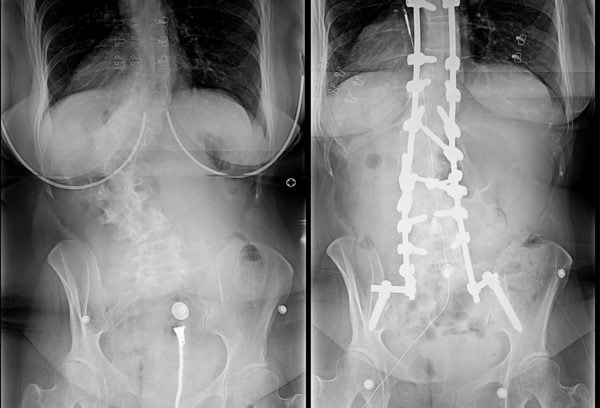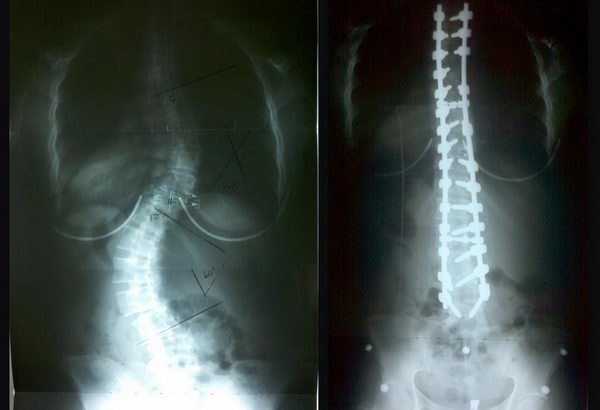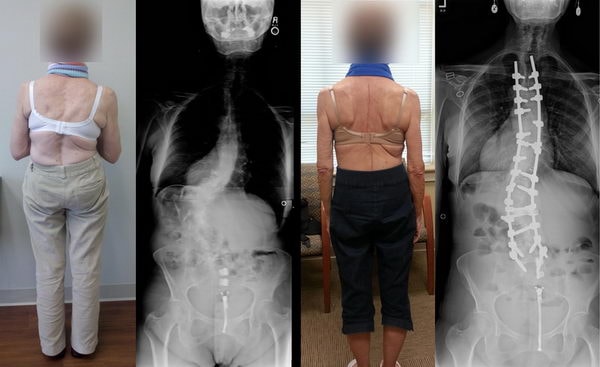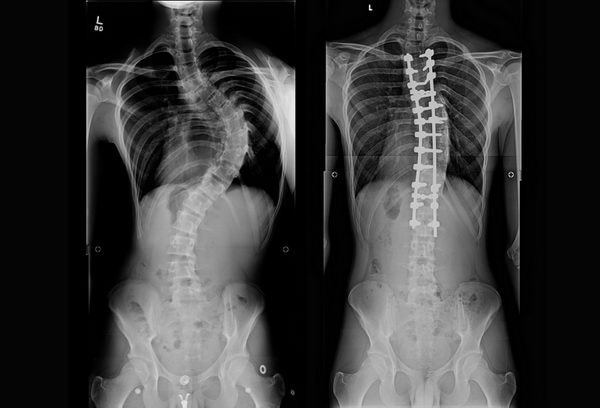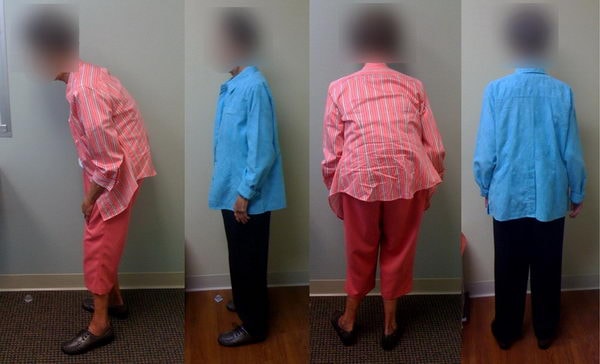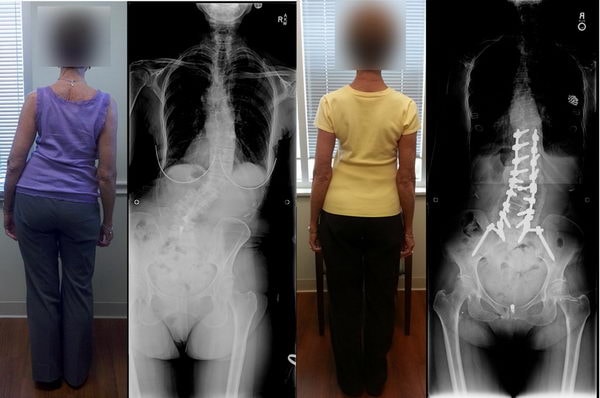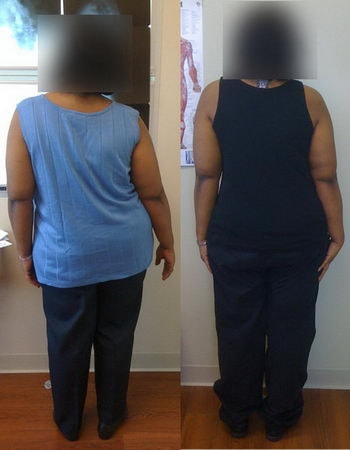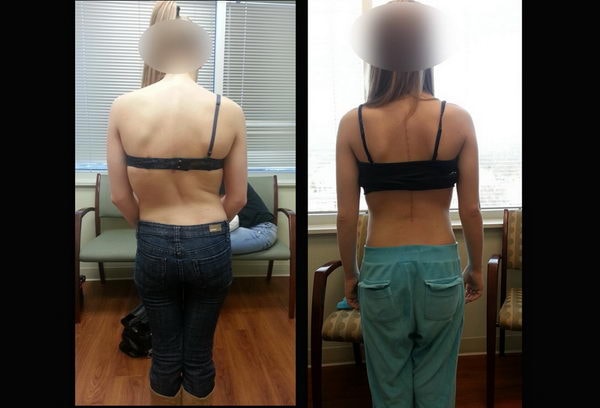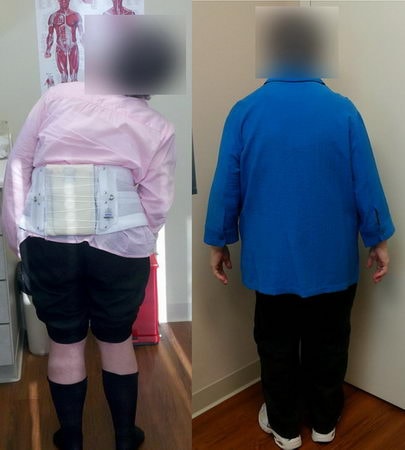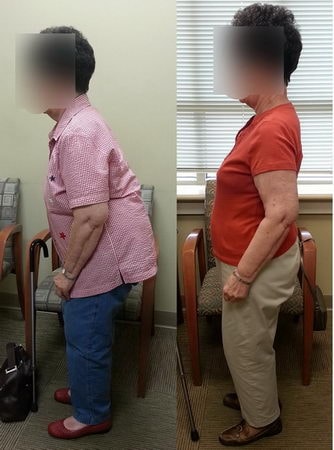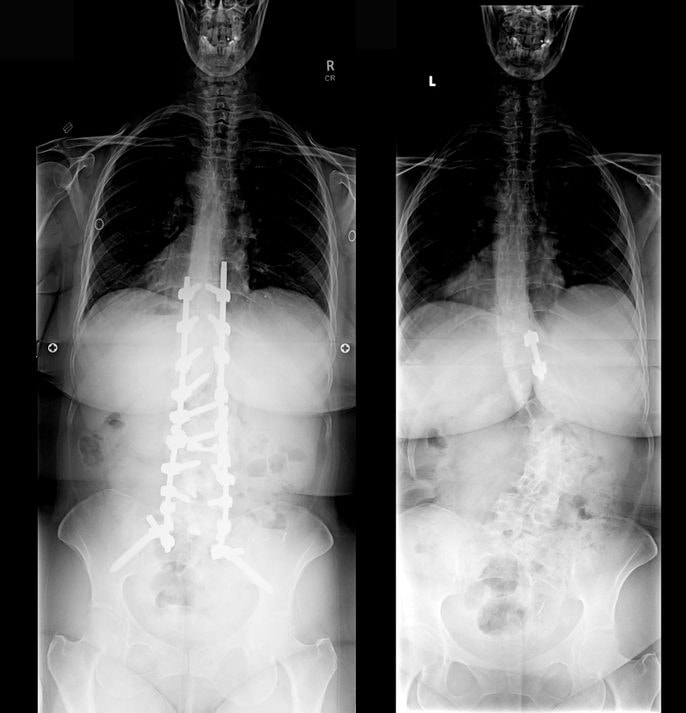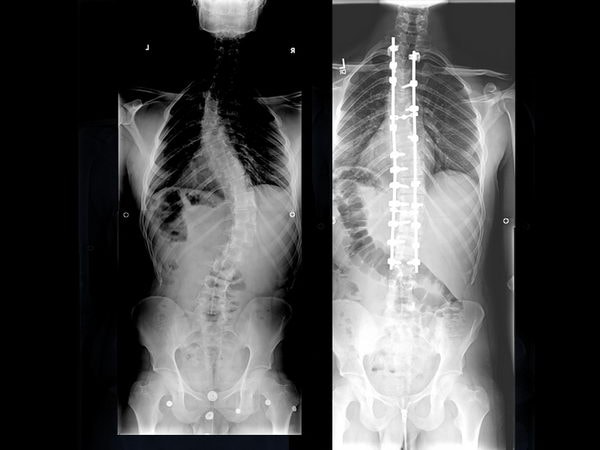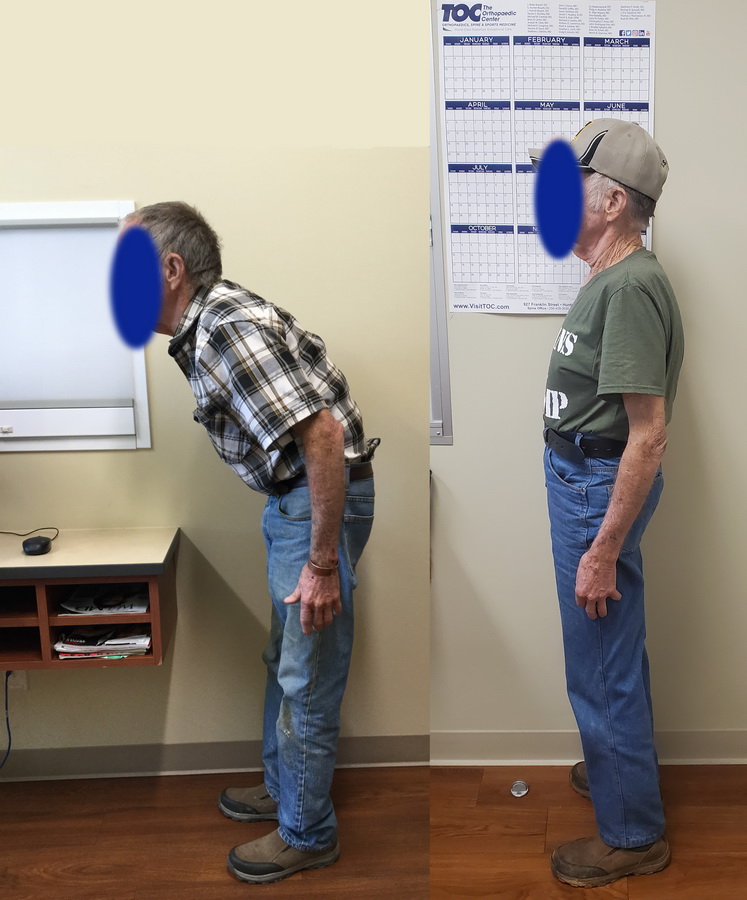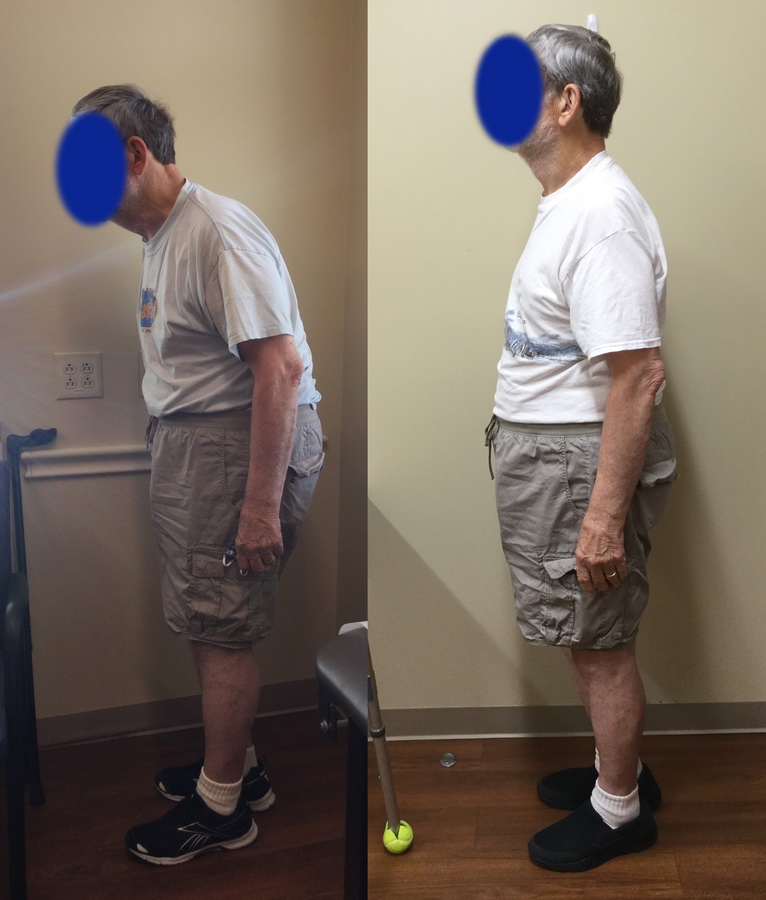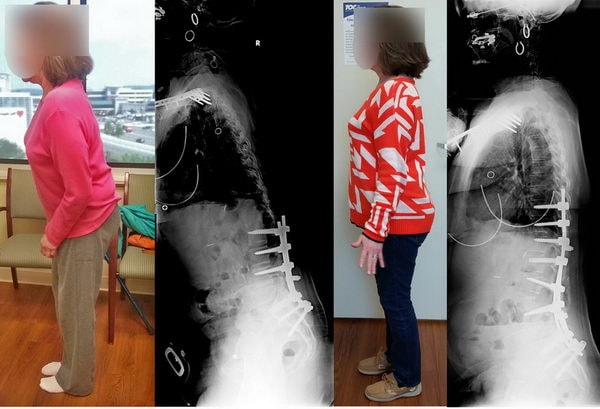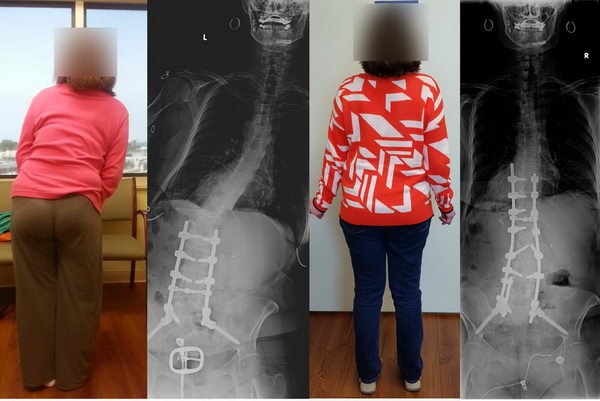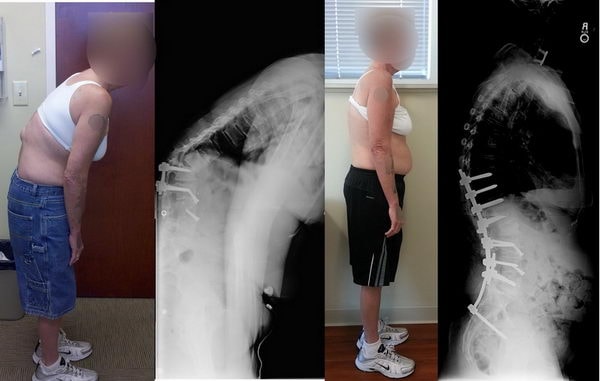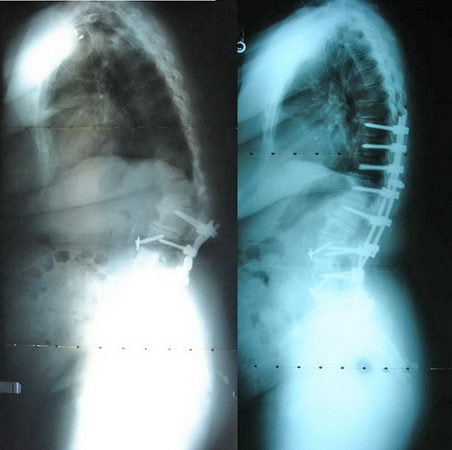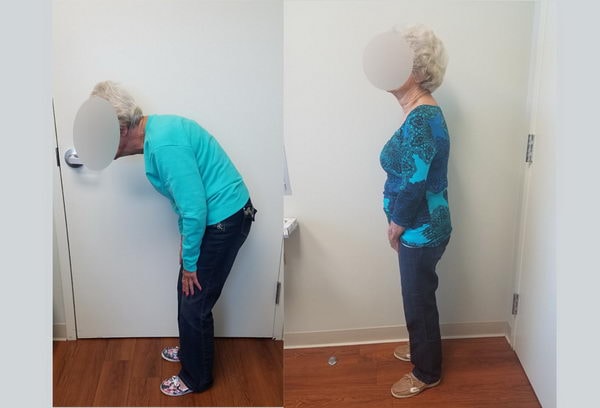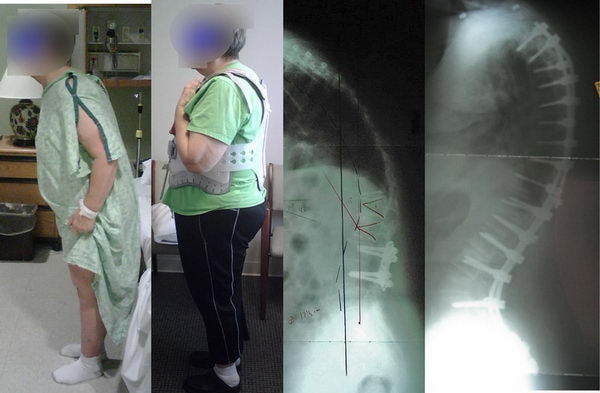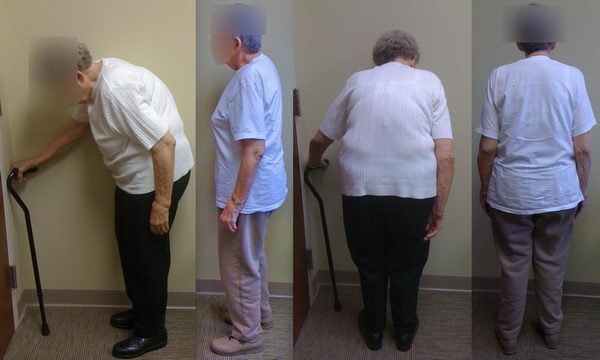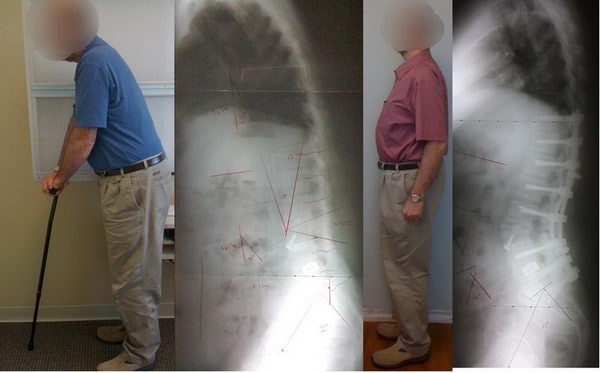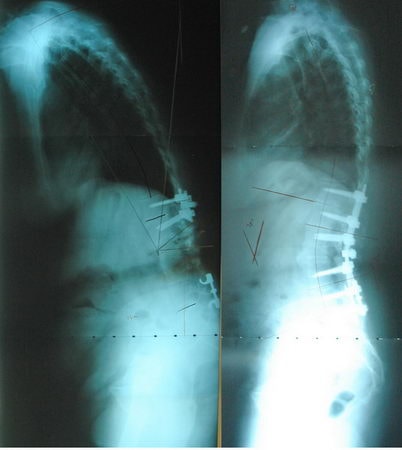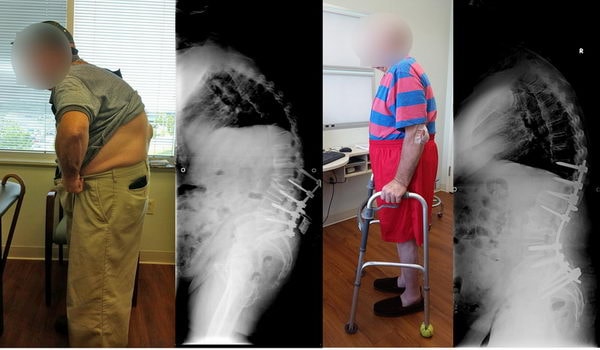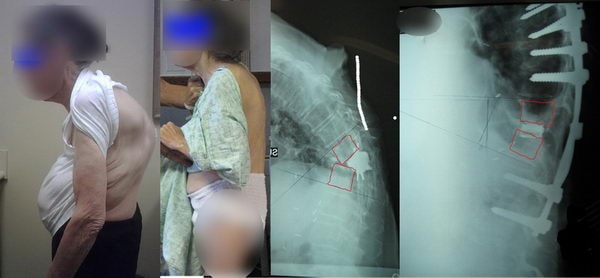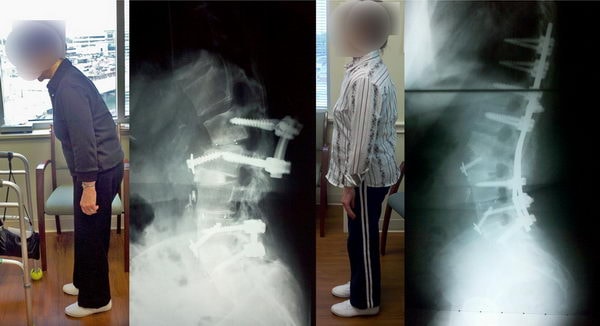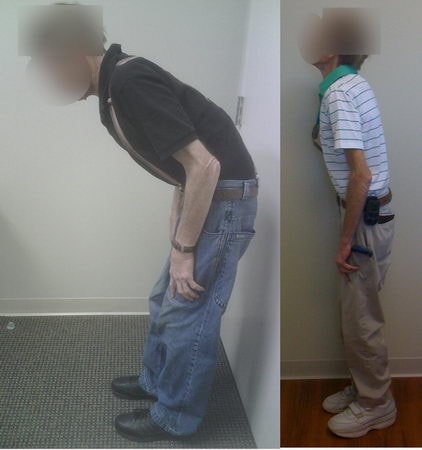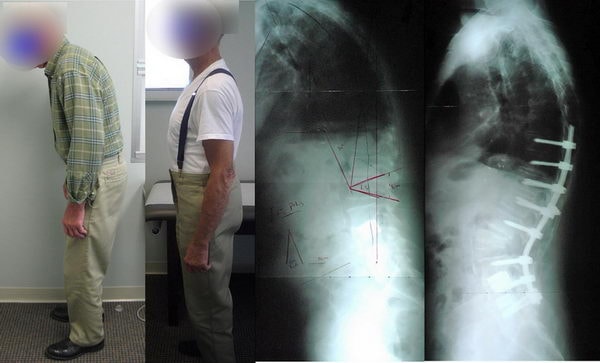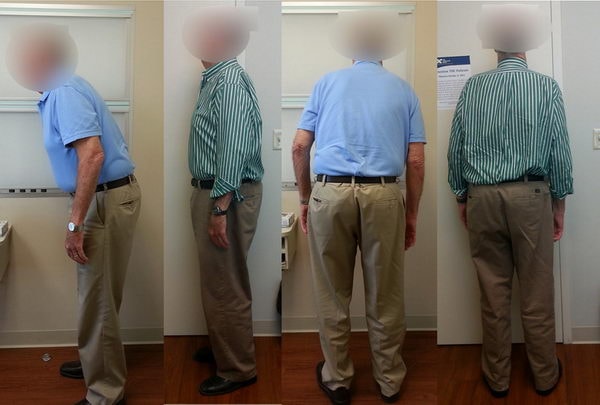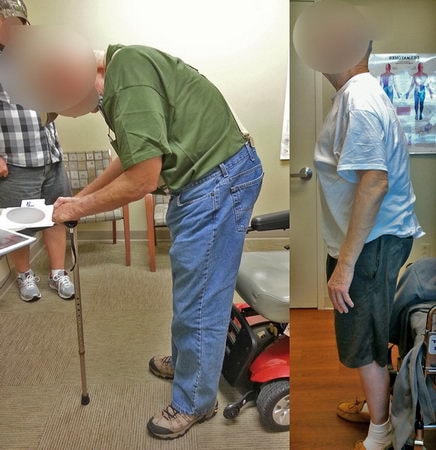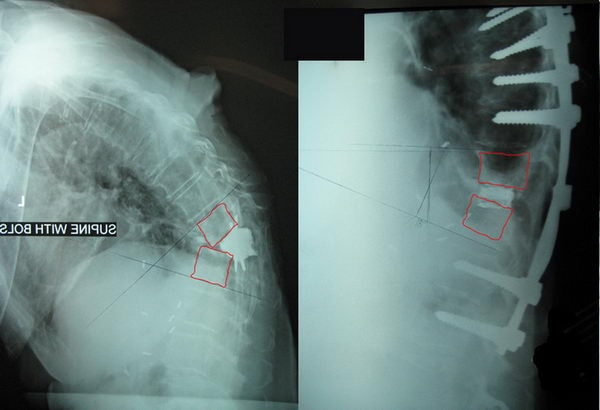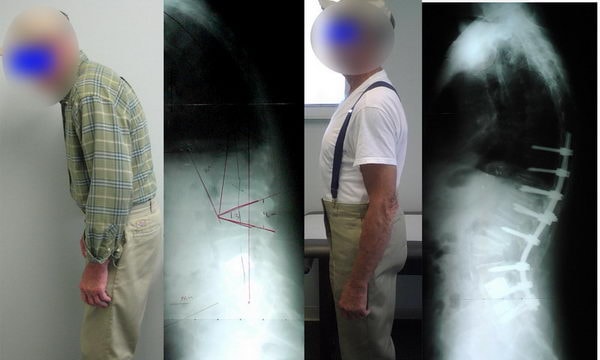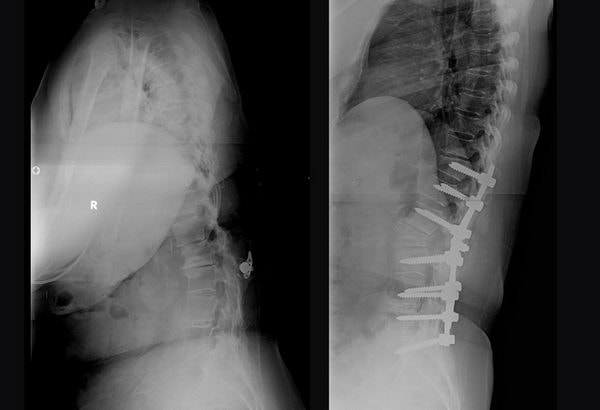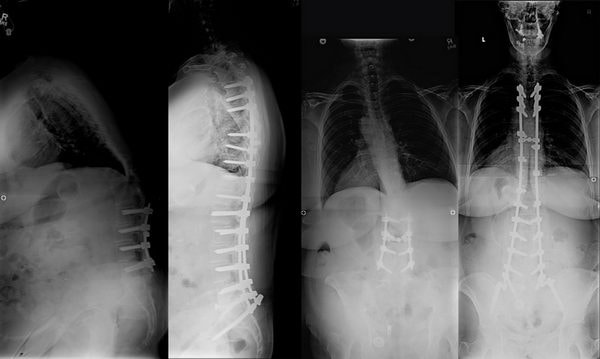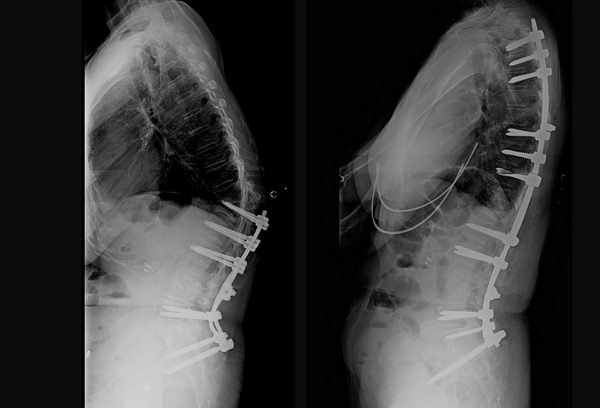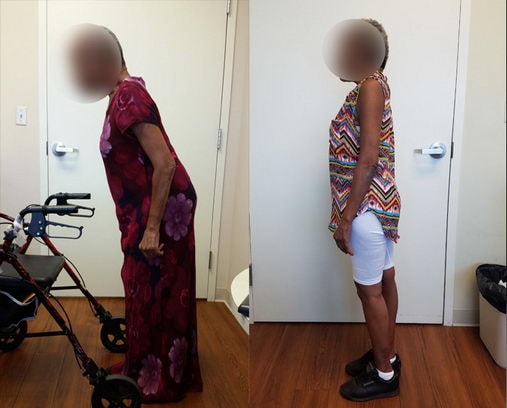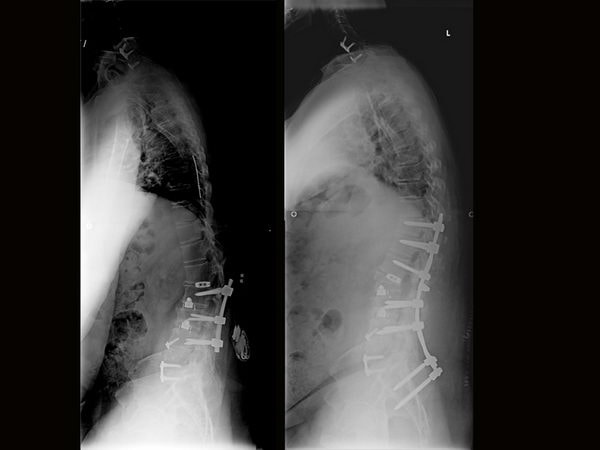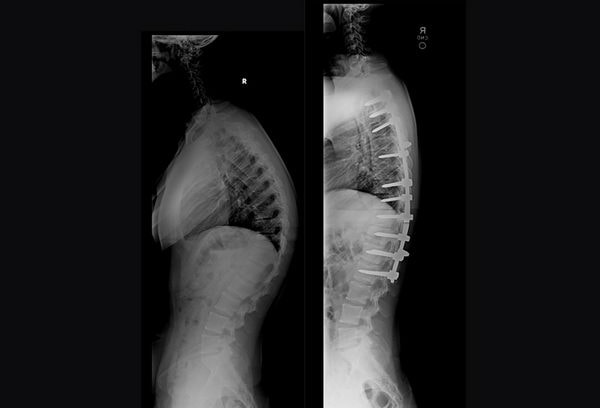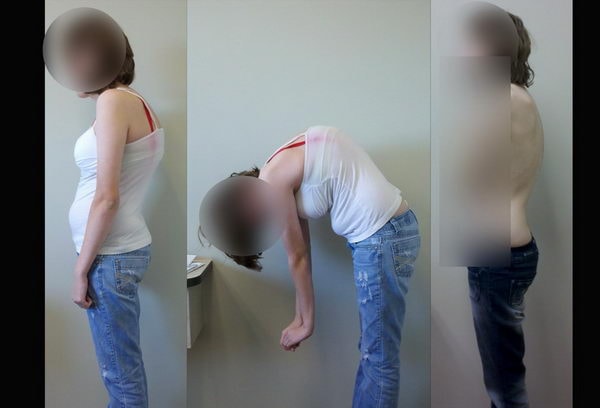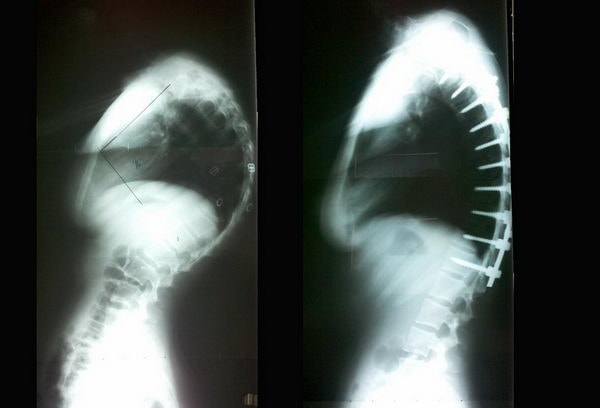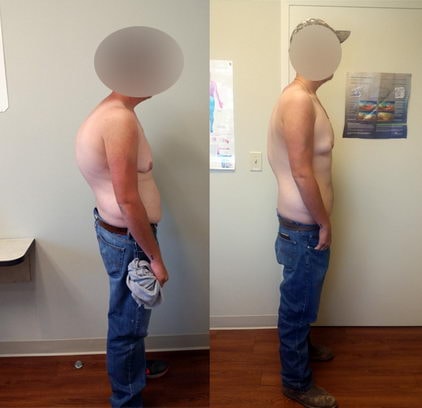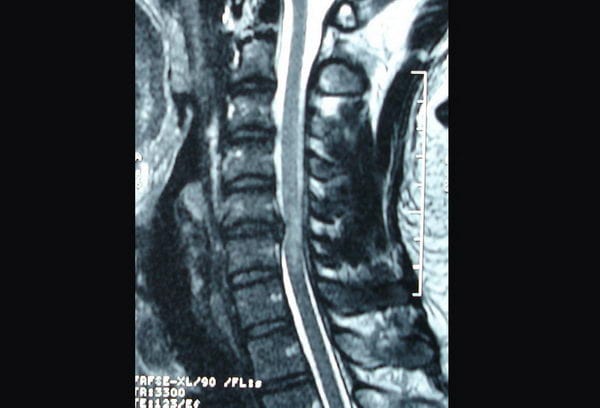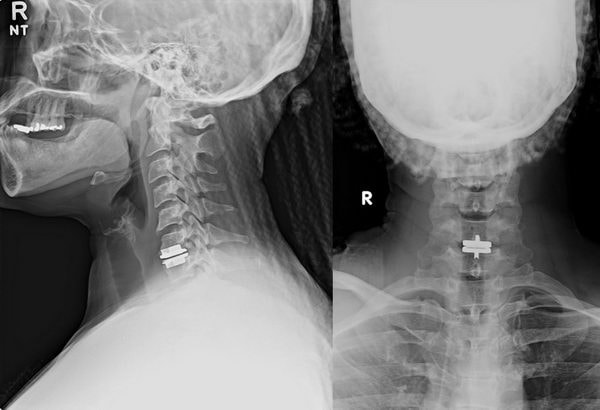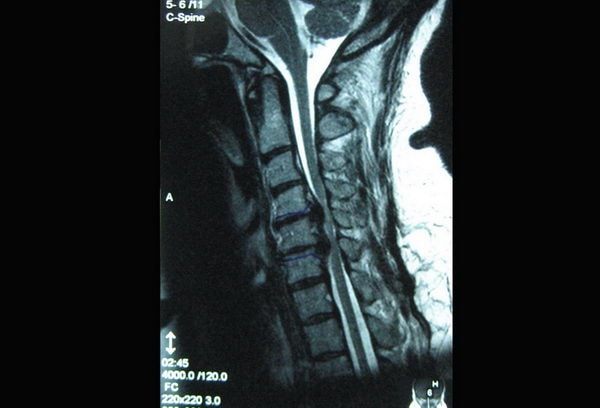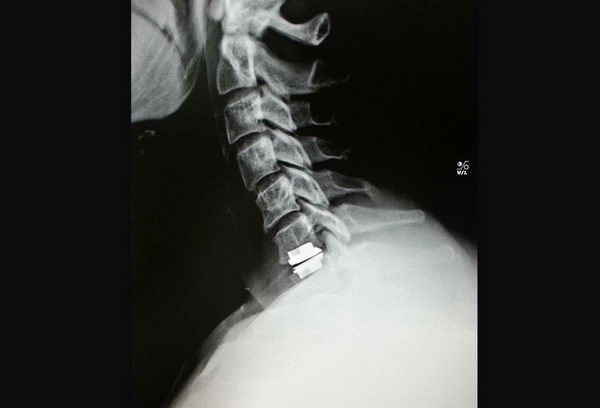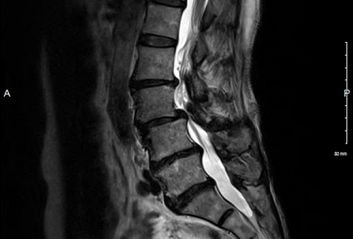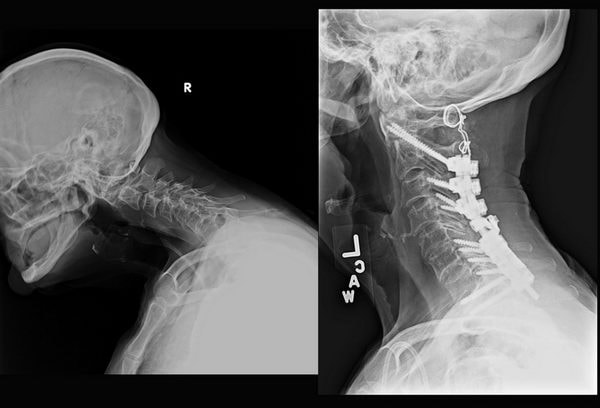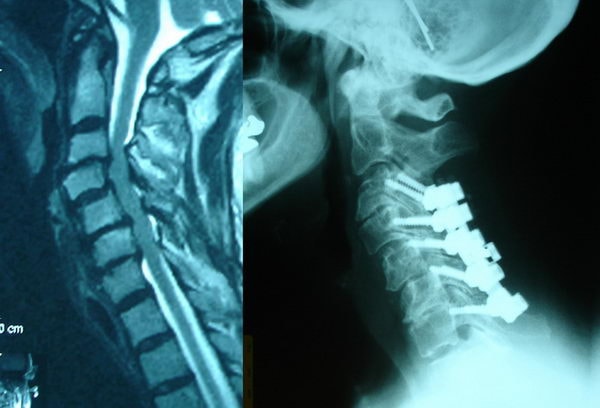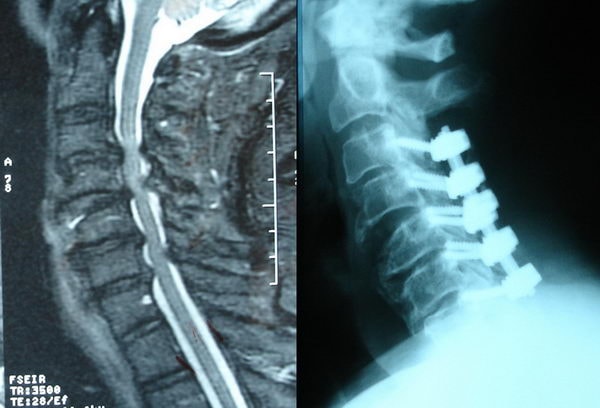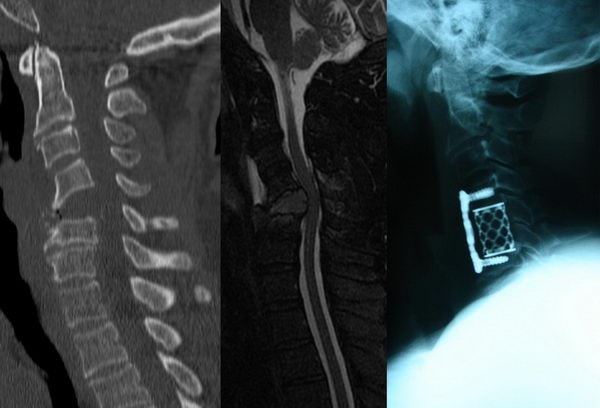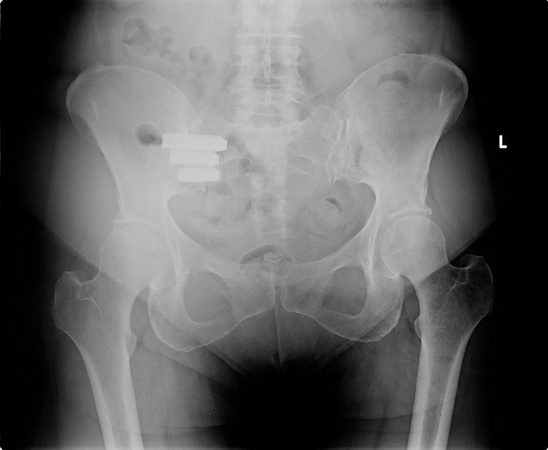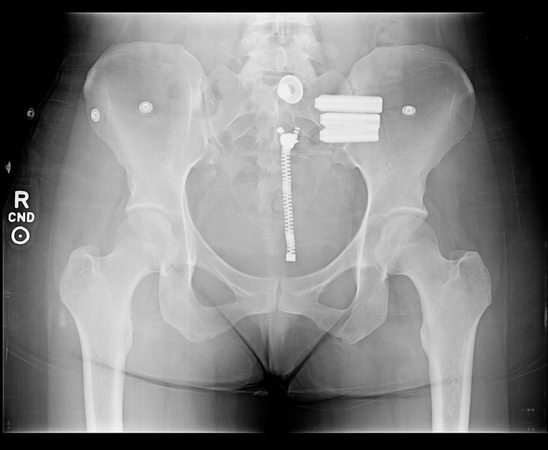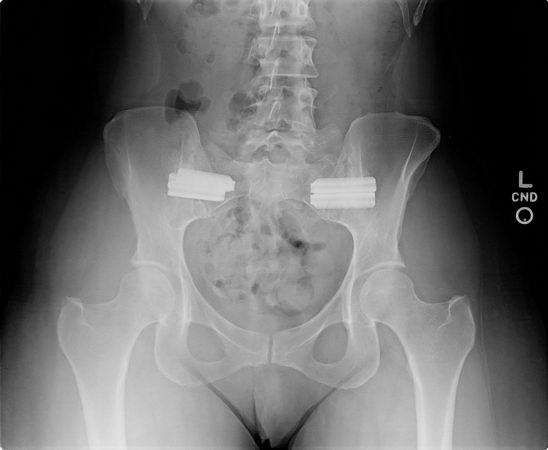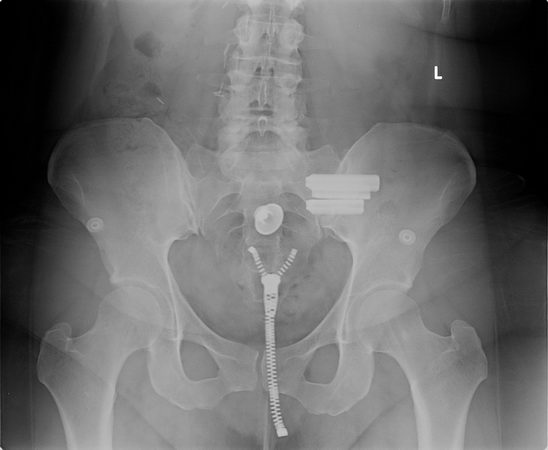Biography
Dr. Scholl is Board Certified by the American Board of Orthopaedic Surgery and received his training at Emory University, University of Alabama Birmingham and Campbell Clinic. He is a published author and has written two textbook chapters regarding spine surgery.
He is interested in technology and its application to patient care, and has founded two medical software companies. Recently, he has integrated robotic spine surgery into the care of his patients needing minimally invasive or complex deformity surgery.
Dr. Scholl treats cervical, thoracic and lumbar spinal disorders ranging from simple pinched nerves to complex conditions like scoliosis. He customizes treatment for each individual's specific problem to maximize their satisfaction, outcome and value. Treatments can consist of medication, therapy, interventional treatments (epidural blocks / facet blocks), pain management, or surgery, depending on your condition.
Orthopaedic and Spine Tower - Open Now!
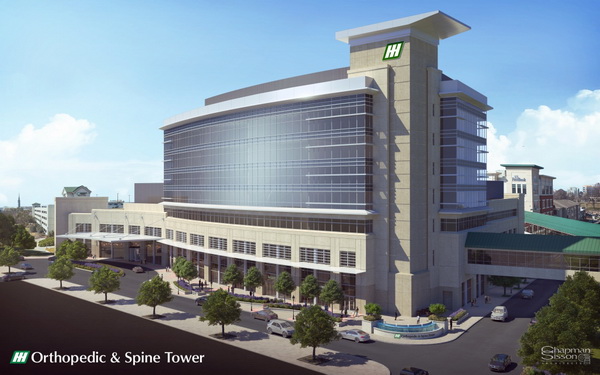
We have expanded our reach to meet the growing needs of North Alabama and Southern Tennessee.
Dr. Scholl and the TOC Spine Team are performing surgeries at the
only Orthopaedic specialty hospital in Alabama.
This state-of-the-art facility is the only hospital in North Alabama with
robotic spine surgery.
Robotic Spine Surgery is Here
Surgical treatment of the spine requires planning and precision crafted around each patient’s unique challenges and anatomy – a process streamlined by Mazor X Robotics Technology. That’s why we've teamed with Mazor to be the first in North Alabama to bring robotic surgery to our patients needing spine surgery.
Watch Live Surgical Videos :

Conditions Dr. Scholl Treats :
Scoliosis (Idiopathic / Degenerative / Congenital)
- Scoliosis is a curvature of the spine from side to side
- It can develop as an adolescent (Idiopathic), as an adult because of disc degeneration or arthritis (Degenerative), or it can be a birth defect (Congenital)
- Bracing, although effective in the adolescent, is rarely effective in the adult.
- Treatment consists of medications (for pain), therapy (to strengthen the muscles), or surgery
Flatback / Revision Surgery / Failed Spine Surgery
- Complex spinal problems as a result of failed surgery, adjacent level disease, fractures, or hardware failure require complex solutions.
- Most patients have failed extensive medication, therapy and pain management and remain debilitated.
- Surgical techniques like Pedicle Subtraction Osteotomy or Vertebral Column Resection can result in a substantial improvement in a person’s function, and substantially reduce their pain
Kyphosis / Scheuermann’s
- Kyphosis is a forward curvature of the spine (like a hump) that can be caused by age, degenerative arthritis, or a condition called Scheuermann’s.
- As an adult, treatment is similar to the treatment of scoliosis.
- Kyphosis can be debilitating because it makes it difficult to walk upright.
Disc Herniations
- Disc herniations come in all shapes and sizes (pinched nerve, slipped or ruptured disc, sciatica)
- They may affect the Cervical, Thoracic, or Lumbar spine.
- Some can be debilitatingly painful and cause paralysis.
- Some can cause pain / tingling that is temporary, and resolves with simple treatment such as medications or physical therapy.
- Surgical treatment might include Artificial Disc Replacement, Minimally Invasive Decompression or Fusion (if you have herniated your disc several times).
Stenosis
- Stenosis is a narrowing of the spinal canal most commonly caused by arthritic bone spurs, swollen ligaments and disc bulges/collapse.
- It can cause leg or arm pain, any many people have difficulty walking long distances.
- Commonly, can be treated with medications, therapy and injections
- Occasionally, surgery is required and typically includes Decompression [Laminectomy]
Degenerative Disc Disease
- Commonly causes problems as people age
- Commonly causes neck and back pain
- Occasionally causes arm or leg pain from a pinched nerve (radiculopathy)
- Most people can be successfully treated with medication, therapy or interventional treatments.
- Sometime it will require surgery, which includes Artificial Disc Replacement or Fusion.
Spondylolisthesis
- Spondylolisthesis is a forward / backward / sideways slippage of one vertebra on another vertebra.
- Commonly causes neck and back pain
- Commonly causes arm or leg pain from a pinched nerve (radiculopathy)
- Commonly causes difficulty walking long distances, or gait imbalance.
- The majority of people can be successfully treated with medication, therapy or interventional treatments.
- Sometimes it will require surgery, which includes Artificial Disc Replacement or, more commonly Fusion.
Sacro-Iliac Syndrome
- SI Syndrome is a painful condition that results from disruption or degeneration of the sacroiliac joint.
- Commonly causes back, hip or leg pain
- May mimic leg pain from a pinched nerve (radiculopathy)
- The majority of people can be successfully treated with medication, therapy or interventional treatments.
- Sometimes it will require a fusion with the iFuse system
Fractures
- Whether traumatic or from thin bone (osteoporotic), a significant number will require surgery.
- Surgery can include Fusion or Kyphoplasty
- Sometimes a brace is all you need, but each person’s fracture is unique.
Clinical Team
- Greg Washburn, PA-C
- Kristi Boyd, LPN
- Christina Jones, Medical Secretary
- Allison Bowling, RN
- Millie Spearing, PA-C
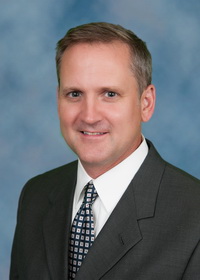
Contact Your Doctor
Dr. Scholl’s established patients have the option to contact Dr. Scholl’s team. Click the green button below to send a secure message through our website; or call (256) 666-4747 to leave a message on our automated voice mail system. You will receive a response by the end of the next business day. For non-emergencies only.
Fellowship
Spine Surgery, The Campbell Clinic, Memphis, TN
Residency
University of Alabama Medical Center, Birmingham, AL
Medical Education
Emory University School of Medicine, Atlanta, GA
Board Certifications
American Board of Orthopaedic Surgery – Board Certified

